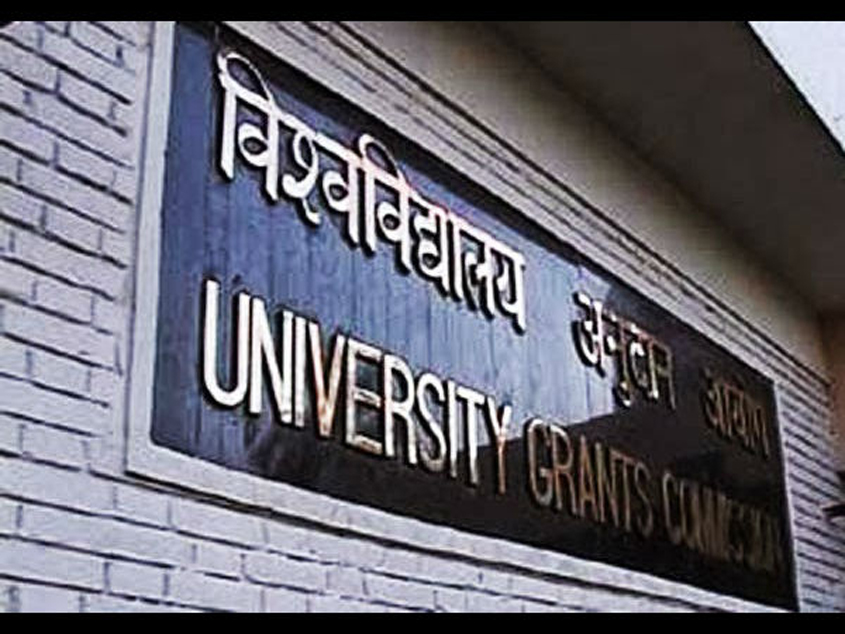A proposal to set up a Higher Education Funding Agency (HEFA) to sanction loans to institutions of higher learning has been initiated by the Ministry of Human Resource Development (MHRD). The aim of setting up the HEFA would be to “take away” some of the funding powers from the University Grants Commission (UGC), which is the primary funding agency. The proposal would now require certain amendments in the UGC Act to enable the HEFA to take over some of the UGC’s funding powers.
Sources said that while the UGC is solely in charge of providing funds to various institutions, the HEFA, in collaboration with the Canara Bank, would also disburse short term and long term loans to these institutions.
The MHRD is understood to have constituted a nine-member committee to decide on the composition and functioning of the HEFA, but the move is already being opposed by a sizeable section of teachers on the ground that the move was allegedly aimed at infringing on the autonomy of both the universities as well as colleges.
It is being alleged that the HEFA would have a larger representation of the bureaucracy and nominees from the MHRD, instead of empowering academicians who have dominated the UGC so far.
“The HEFA will start functioning from the next academic session and once the new system is in place, the UGC will only act as a body for certification,” sources told The Sunday Guardian.
The proposal to cut UGC’s financial powers was outlined in last year’s budget speech when Finance Minister Arun Jaitley announced a new institution, HEFA, to take over the UGC’s funding power. As per the proposal, the HEFA will start working with an authorised capital of Rs 2,000 crore, out of which the government equity would be Rs 1,000 crore.
Explaining the purpose of HEFA, a senior official in the MHRD said: “The HEFA would be jointly promoted by the identified promoter and the MHRD. The new funding agency would be formed as a Special Purpose Vehicle (SPV). As decided by the MHRD, the HEFA, in collaboration with Canara Bank, would raise an authorised capital up to Rs 20,000 crore for funding infrastructure projects for the development of world-class labs for higher education.”
The HEFA would also mobilise CSR funds from PSUs/corporates, which would, in turn, be released for financially supporting research and innovation in these institutions on a grant basis. Unlike the UGC, the HEFA would work as a loan lending agency as the newly created agency would finance the civil and lab infrastructure projects through a 10-year loan. “The loan amount will be decided on the basis of the National Assessment and Accreditation Council’s (NAAC) ranking of these educational institutions,” the official cited above said.
Rajesh Jha, Executive Council (EC) member of Delhi University (DU), said: “By giving more representation of the MHRD in the HEFA, the government will control the funding institution and that is a threat to the autonomy of universities. Also, the UGC functions as a funding agency, but the HEFA would work as a loan lending agency, and this will change the whole dynamics in universities and colleges in the country as re-payment of loans would force them to function as income generating firms rather than educational institutions. The move will also promote privatisation of higher education.”
The National Democratic Teachers’ Front (NDTF), a teachers’ wing of the Bharatiya Janata Party (BJP), has, however, welcomed the creation of HEFA.

